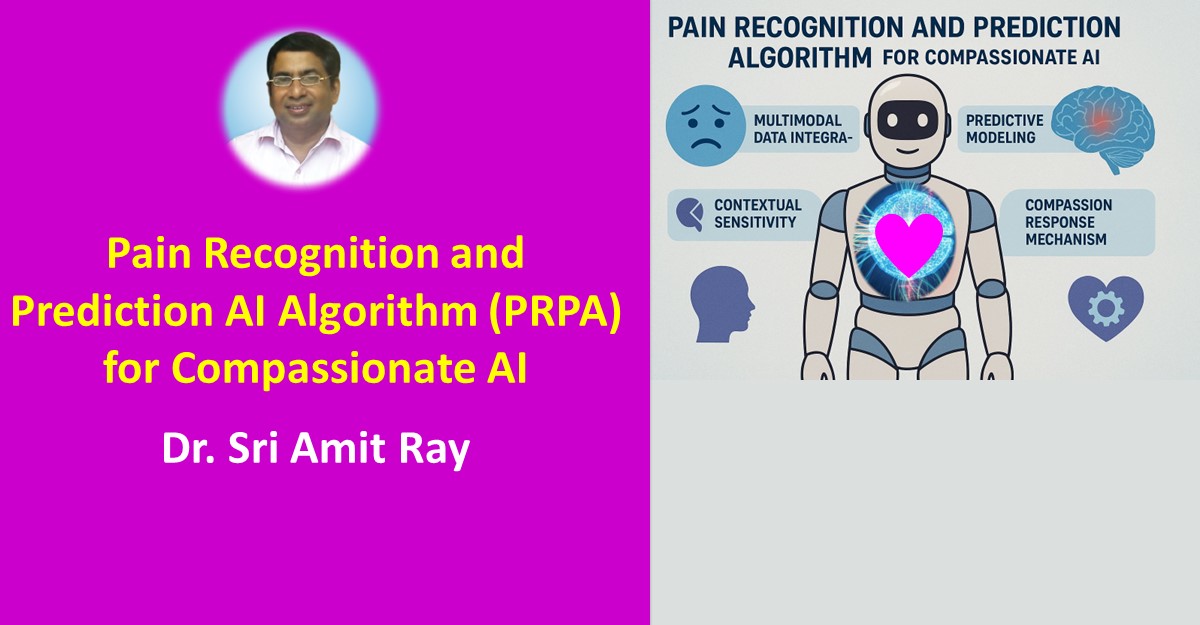Abstract
The Mother–Infant Inter-brain Synchrony Algorithm (MI-Sync-AI), developed at the Sri Amit Ray Compassionate AI Lab, is a computational framework inspired by the neurobiology of maternal–infant bonding. Neuroscientific research has demonstrated that shared gaze, touch, vocal prosody, and affective attunement foster measurable brain-to-brain synchrony between caregivers and infants. This synchrony forms the developmental foundation of trust, empathy, and co-regulation in human relationships.
The MI-Sync-AI system translates these principles into artificial intelligence by enabling agents to detect, model, and maintain synchrony-based interactions. Unlike conventional AI architectures optimized for efficiency or predictive accuracy alone, MI-Sync-AI emphasizes resonance, emotional alignment, and mutual regulation.
This article explores the theoretical background, covering the neuroscience of inter-brain synchrony, developmental and behavioral foundations, operational definitions, and sensor modalities, as outlined in the 20-point descriptive report. These foundations guide the algorithm’s design and its preprocessing pipeline, ensuring robust, ethical, and clinically relevant applications.
The algorithm has direct applications in healthcare, education, social robotics, and therapeutic interventions, where compassionate responsiveness is essential. This paper outlines the theoretical foundations, computational pipeline, and ethical implications of MI-Sync-AI as a cornerstone in the emerging field of Compassionate AI.

